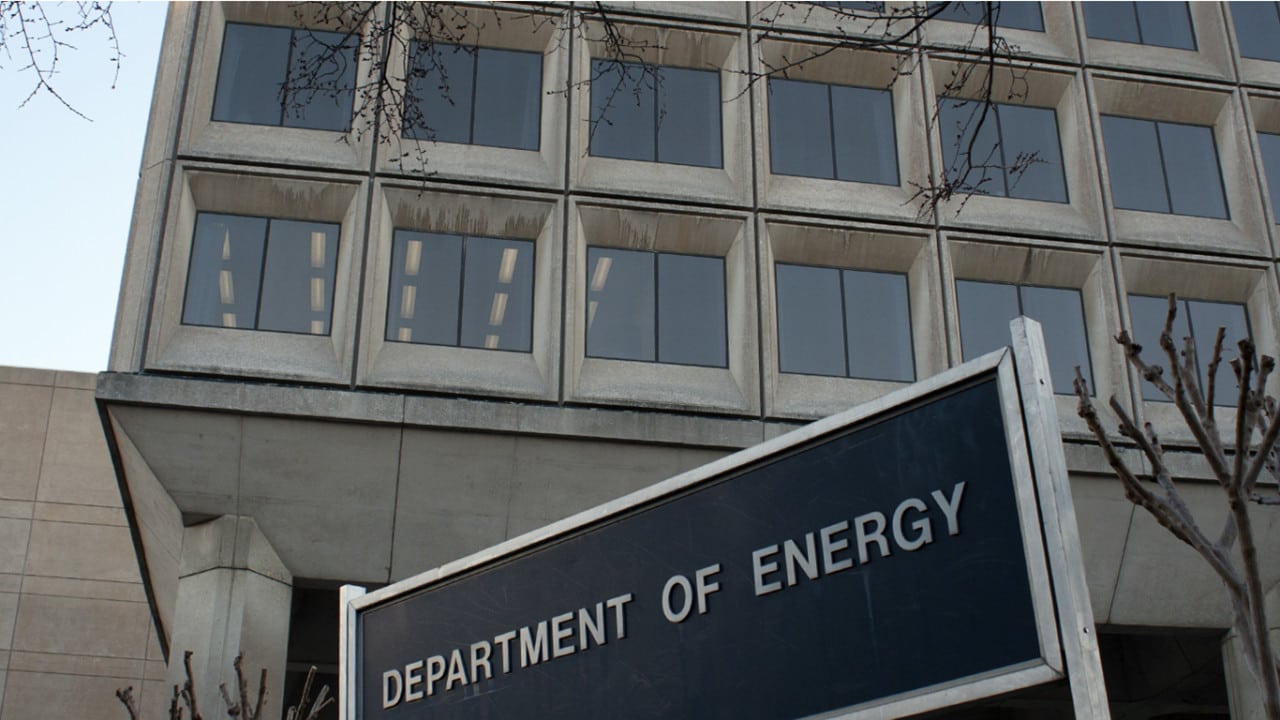
Senate appropriators approved their version of the fiscal 2017 Energy and Water Appropriations Bill Thursday, keeping funding for the Department of Energy’s fossil energy research and development flat at $632 million, $32 million above the Obama administration’s request. The bill is expected to reach the Senate floor next week.
“The Committee notes that the Department should allocate sufficient resources to support fossil energy research, development, and demonstrations to improve both existing technologies and develop the next generation of clean, affordable, and safe systems,” the committee report says.
The Senate version of the bill does fall short of the funding recommended in the House version. Under the house version of the bill, reported out of subcommittee Wednesday, fossil energy R&D is set at $645 million.
Under the administration’s request, total requested funds would account for only $360 million of the full funding amount for the program, with the remaining $240 million coming from prior-year funding taken from the Texas Clean Energy Project carbon capture and storage project. DOE proposed pulling the funding from the project due its inability to reach financial close. Senate appropriators denied this request.
The committee also denied the department’s proposed update to the fossil fuel R&D budget structure, which would have eliminated the distinction of natural gas and coal. Under the DOE’s proposed budget structure, funding would instead be lumped together so that, for example, funding for carbon capture activities could be used for capture from coal or natural gas activities. The committee report does not give a reason for the rejection.
The Senate version of the bill would fund the DOE Office of Fossil Energy’s CCS and advanced power systems programs at $377 million, $5.3 million more than the department’s request. Within that allocation, $101 million is earmarked for carbon capture, $8.2 million less than the request. The bill would provide $106 million for carbon storage, $15.1 million more than the request. Advanced energy systems would be funded at $105 million, an increase of $51.3 million from the request. All of these funding allocations are in line with fiscal enacted levels.
The committee’s allocation for CCS and advanced power systems also includes $30 million “to support a new solicitation for two awards for post-combustion carbon capture retrofits to existing coal plants greater than 350 MWe,” according to the report.
Mission Innovation Pushed to the Wayside
A significant portion of the DOE’s budget proposal was aimed at meeting the goals of Mission Innovation, a coalition of 20 countries pledging to double their clean energy investments in the next five years. Mission Innovation was launched in December at the 21st session of Conference of Parties to the United Nations Framework Convention on Climate Change, during which 196 countries approved the Paris climate agreement.
However, Sen. Lamar Alexander (R-Tenn.), chairman of the Appropriations energy and water subcommittee, explained that too much of the requested funding for Mission Innovation was new mandatory funding. “The president’s budget request proposed $2.259 billion in new mandatory funding for the Department of Energy, something that we all know isn’t going to happen,” Alexander said during the Wednesday subcommittee markup.
Subcommittee Ranking Member Dianne Feinstein (D-Calif.) agreed that the funding would be hard to approve. “While I wish we could have funded the president’s proposed $800 million Mission Innovation climate change initiative, we were simply unable to make it work with the allocation we received,” she said during Thursday’s full committee markup.
The committee did increase funding for the Department of Energy’s Office of Science by $50 million to support basic energy research. “The Committee supports the premise and goals set out by Mission Innovation: to support innovative clean energy research and development to accelerate access to affordable, deployable, and transformative technologies. The Committee also supports the goal to double federal clean energy investment over the next five years. The recommendations in this bill take the first step in this effort, while working within the constraints on discretionary funding,” the report says.